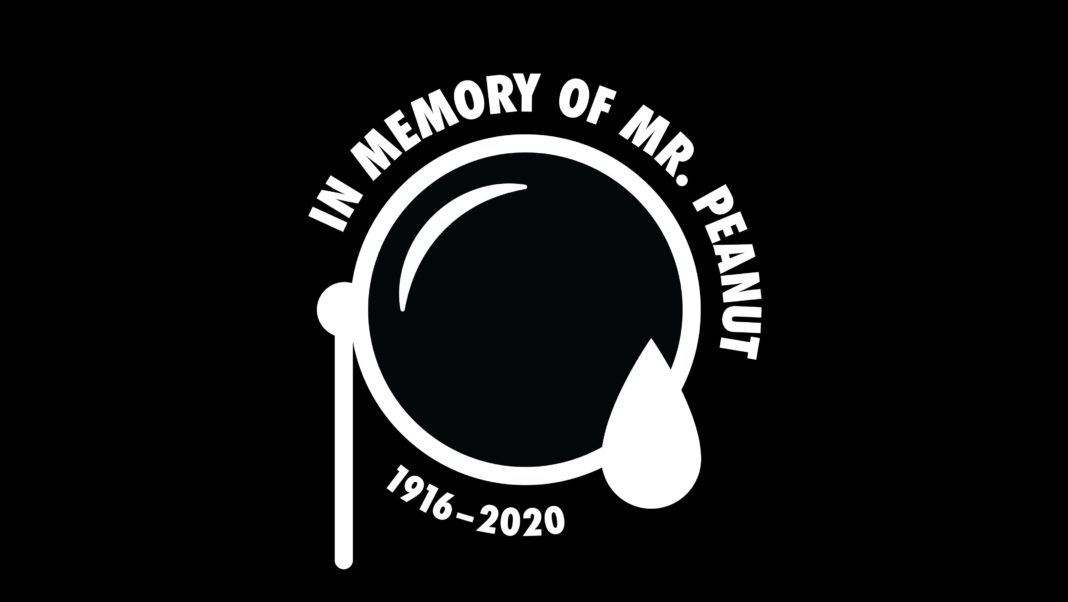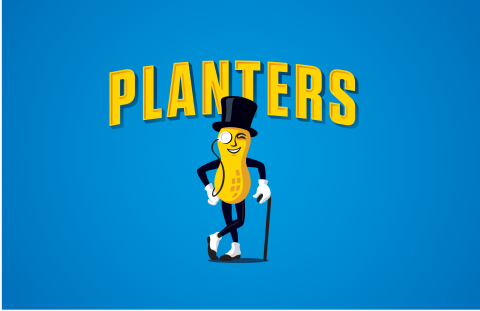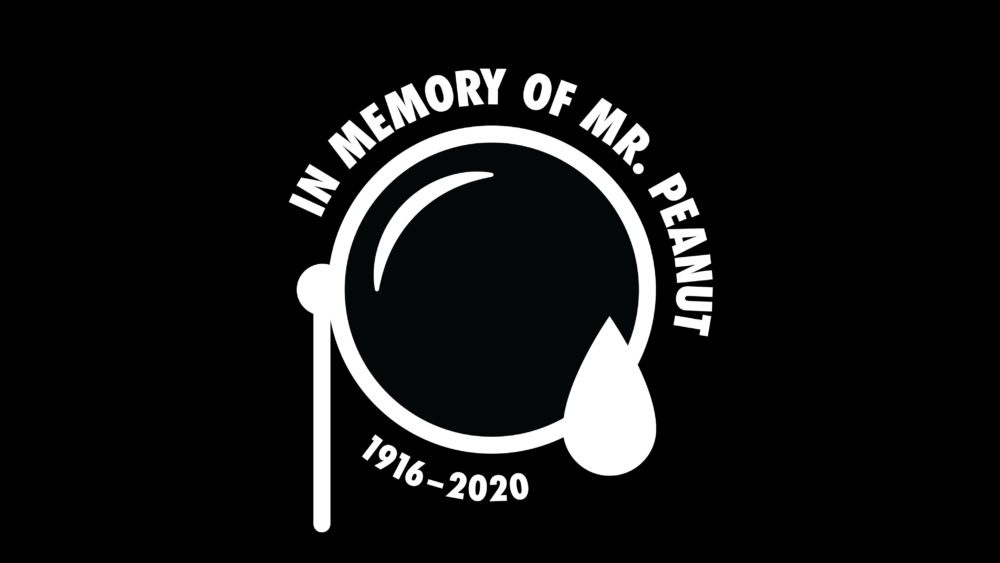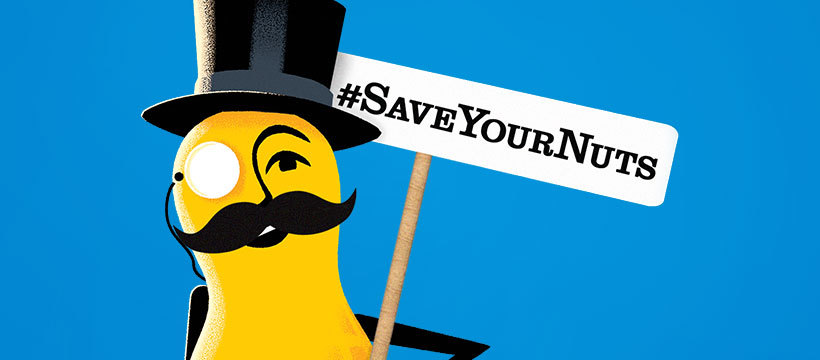As you’ve likely heard by now, Mr. Peanut is dead. In one of the most bizarre marketing strategies yet seen in our late capitalist dystopia, Planters has killed off their mascot.
I don’t mean they retired the character. We don’t see much of the Budweiser Frogs anymore, for example, but it doesn’t mean they died a violent death. Such is not the case with Mr. Peanut, who according to this Super Bowl Big Game commercial starring Wesley Snipes and comedian Matt Walsh, fell off a cliff and died in an explosion.
There’s a lot to unpack here. For starters, it’s unlikely that poor Mr. Peanut will remain “dead” long. Most likely, it’s a publicity stunt that would be familiar to superhero comic fans, going back at least as far back as “The Death of Superman” in 1992. At the time, many people, and not just comic book diehards, were shocked to hear that DC would kill off one of its most beloved (and lucrative) characters. It was even covered by mainstream news outlets.
Of course, superheroes rarely stay dead, and Superman was no exception. But it got people talking about Superman. Surely, that’s what Planters wants out of this stunt, and they’ve already gotten what they wanted. Word of Mr. Peanut’s unceremonious passing spread almost immediately, with trending topics on social media, memes, and even coverage on morning news shows.
I have a background in content marketing, and I could only imagine how much high-fiving has been going on lately among the marketing team at Kraft Heinz, Planters’ parent company. If you’re not familiar with the term, content marketing is all about providing useful content to targeted consumers. That sets it apart from traditional advertising, which can be more of a crapshoot. Ideally, you want to get consumers to talk about your project on their own accord, rather than consciously feeling like they’re being advertised to.
That’s exactly what’s happening with Mr. Peanut. In this day and age, when social media has made online clout a form of currency, people are hungry for the latest viral story to jump on with a snarky joke or hot take. Many online personalities are hungrier for virality than they likely are for peanuts and other snacks offered by Planters, but the endless free advertising across social media will undoubtedly provide a spike in sales. Even when takes on the meme are coated in a thick layer of irony, you’re still contributing to a discourse Planters can thrive from.
It’s clear that Planters is aware of how macabre the central joke of this campaign is, but the joke isn’t just that it’s shocking for a corporate mascot who’s existed since 1906 to die a violent death as part of a high-profile marketing campaign. It’s the meta-joke about the way celebrity deaths are treated in the age of social media.
Mr. Peanut “died” on January 21st, 2020, the same day that news got out about the passing of a real celebrity, Terry Jones. Obviously, Planters couldn’t have planned it this way, but the contrast between sincere grief over a famed Monty Python member stood in stark contrast with the tongue-in-cheek mourning over a cartoon legume. Mr. Peanut’s display name now reads “The Estate of Mr. Peanut,” and this image of a single tear crying out of his signature monocle has been adorned across social media platforms.
From a comedic perspective, it’s actually a pretty good bit, at least in an ironic post-modern way. But from a business perspective, it’s hard to shake the feeling that there’s something sinister about a massive corporation weaponizing our darkest impulses as consumers of online content.
It’s certainly not the first time the language of the extremely-online has been co-opted by a brand. Much has been made of the trend for branded Twitter accounts attempting to sound funny, youthful, and even “weird” in the style of “weird twitter” icons like Dril. Like anything else in media, it’s had mixed degrees of success, but Planters releasing statements on the “death” of their mascot is cut from the same troubling cloth as Sunny D appearing to express suicidal urges.
It’s as if brands are trying to appeal to today’s young people, increasingly skeptical of capitalism and fearful of existential threats like climate change, are saying “hey kids, we may be owned by a megacorporation, but we’re suffering in this late-capitalist hellscape just like you!”
To that end, Mr. Peanut may be the first mascot to die under the weight of his marketing team’s twisted humor, but it’s difficult to imagine he’ll be the last.












This article is suspiciously similar to the one written on Forbes website. Also, I bet people on socialist countries would prefer to live in this “Capitalist nightmare” of yours anyday that under the regime they endure.
Comments are closed.